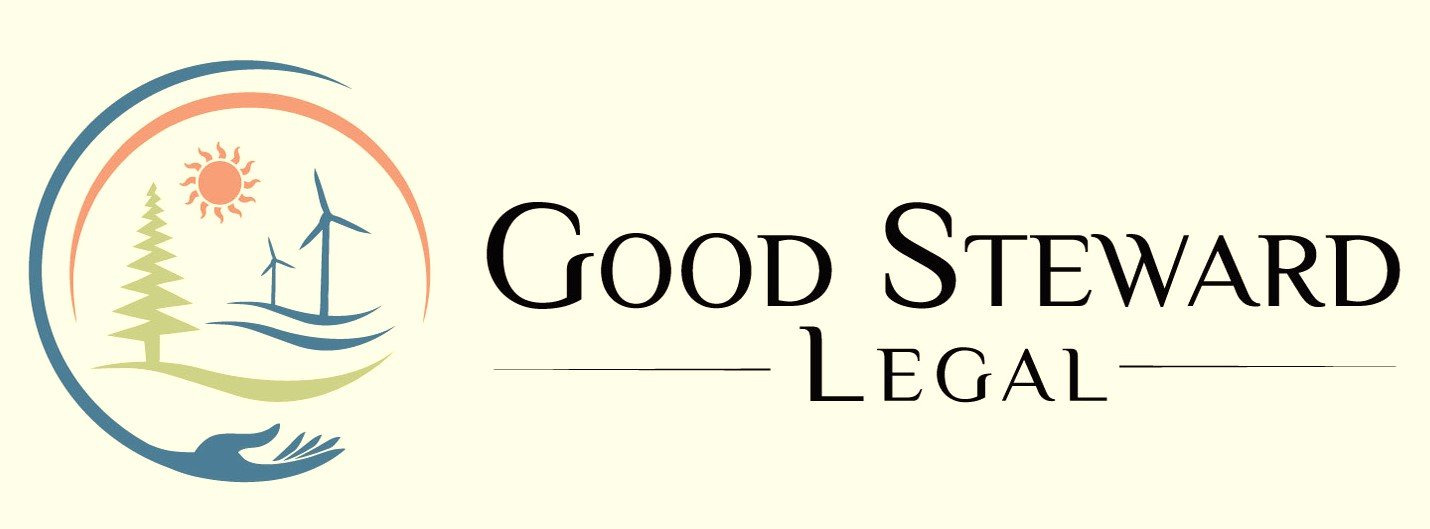FWS and NMFS Reject “Habitat” Definition in Favor of Ad-Hoc Approach
On June 23, 2022, the U.S. Fish and Wildlife Service and the National Marine Fisheries Service (collectively, “Services”) issued the public-inspection version of their final rule rescinding the regulatory definition of “habitat” (“Final Rule”). The Final Rule becomes effective July 24, 2022.
Background
After the U.S. Supreme Court’s decision in Weyerhaeuser Co. v. U.S.F.W.S., 139 S. Ct. 361 (2018) and near the end of former President Trump’s administration, the Service issued a final rule defining “habitat” as follows:
“For the purposes of designating critical habitat only, habitat is the abiotic and biotic setting that currently or periodically contains the resources and conditions necessary to support one or more life processes of a species.” 85 Fed. Reg. 81,411 (Dec. 16, 2020). Following President Biden’s election, the Services determined that their definition of habitat “was unclear and confusing and inconsistent with the conservation purposes of the” Endangered Species Act and therefore proposed to rescind the regulatory definition. The Final Rule effectuates this rescission.
The Services Will Determine the Meaning and Scope of Habitat on a Species-by-Species Basis
To support the Final Rule’s regulatory rescission, the Services “conclude that codifying a single definition [of habitat] in regulation could impede the Services’ ability to fulfill their obligations to designate critical habitat based on the best scientific data available.” According to the Services, it is “more appropriate, more consistent with the purposes of the Act, and more transparent to the public to determine what areas qualify as habitat for a given species on a case-by-case basis.” Going forward, therefore, the Services will “determine what areas qualify as habitat (and that may as a separate matter be potentially also critical habitat) by considering the best available science for the particular species, the statutory definition of ‘critical habitat,’ [their] implementing regulations, and existing case law.”
For access to more information and insights about the Final Rule, Subscribe to Insights below.
If you have any questions about the Final Rule or other issues related to the Endangered Species Act, please contact Jared Wigginton at jared@goodstewardlegal.com.
***
Good Steward Legal is a principles-driven business law office dedicated to protecting and advancing its clients’ interests by providing them with cost-effective, high-quality legal service. Good Steward Legal is proud to be a 1% for the Planet member and signatory of the Law Firm Climate Pledge.
